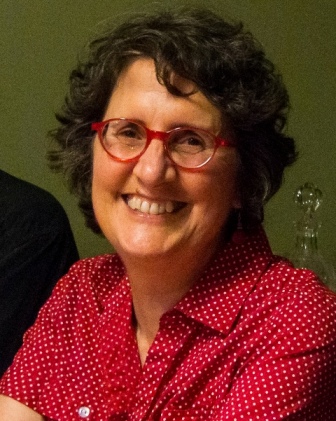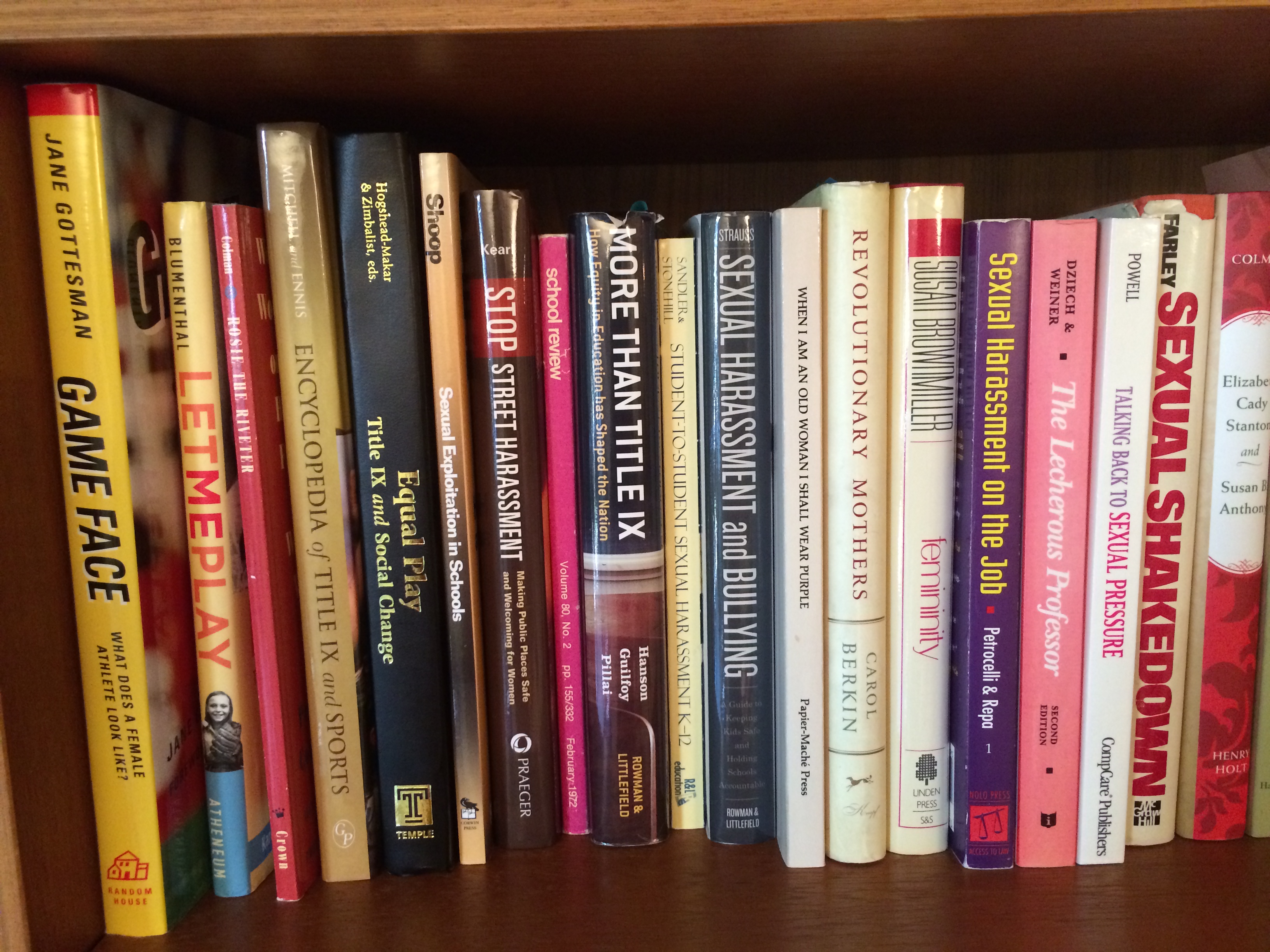Survivors face backlash
Advocating political and cultural change engenders backlash. Student survivors of sexual assault successfully pushed many educational institutions to do their Title IX duties in the last decade despite ongoing, painful pushback. They worry for the student survivors of gun violence who now command the media spotlight but face attacks from opponents of gun control.
“Young people are really, really powerful and really savvy,” says Sage Carson, manager of the non-profit organization Know Your IX. “These amazingly powerful organizations such as End Rape on Campus and Know Your IX were started by young people because they know how to work with media. They know how to engage with social media. And that’s not from getting official training, it’s just, `We’re going to figure it out,'” she said in an interview in Know Your IX’s office in Washington, D.C.
Their persistence and strength in numbers drew attention, inspiring government regulators to improve enforcement of Title IX. It’s not easy, though. On top of the difficulty of reliving their trauma by speaking up about it again and again, students face potential retaliation by educational institutions, peers, and outsiders. Carson cites the case of Erica Kinsman, who was “pushed out of the university” by football-crazy peers and administrators after she accused star quarterback Jameis Winston of raping her. The election of President Trump, who has been accused of sexual assault by many women and who was caught in an audio recording admitting to sexual assault, brought changes to weaken enforcement of Title IX. It all may be making some assault survivors less willing to speak out, Carson believes.

Students at Tamalpais High in Mill Valley, Calif. hold a vigil for victims of the Feb. 14, 2018 shooting at Stoneman Douglas High School, Parkland, Fla. (Wikimedia Commons / Fabrice Florin / Creative Commons)
“In Know Your IX we talked about the shooting victims and how scared we are for them because we know what it’s like to be a face of a movement that people want to tear apart, and being young and experiencing trauma,” says Carson, who also is a sexual assault survivor.
Student protests led by survivors of the recent mass shooting at Stoneman Douglas High School inspired millions to March for Our Lives in many cities this past week, demanding stronger gun regulation. The media coverage brought new attention to inner-city youths whose longstanding complaints about gun violence largely have been ignored. Students in many parts of the country are speaking out in the media, lobbying elected officials, and vowing to vote as soon as they can for politicians who will regulate guns. Almost immediately, critics attacked them personally, saying they’ve been hijacked by political operatives, calling them “crisis actors,” and claiming they’re anti-Trump FBI operatives or too young to be listened to.
Some have been punished for participating in school walk-outs. It’s too soon to tell what kind of backlash the gun-control movement will inspire and what other repercussions the shooting survivors may face on top of psychological or physical scars. What student survivors of sexual violence and gun violence do share is a deep motivation to save others from experiencing their traumas.
It’s a powerfully personal activism, Carson says. “I’m going to continue to live through this trauma and talk about what I’ve been through and sit in this horrible moment because I don’t want anyone else to experience this.”






